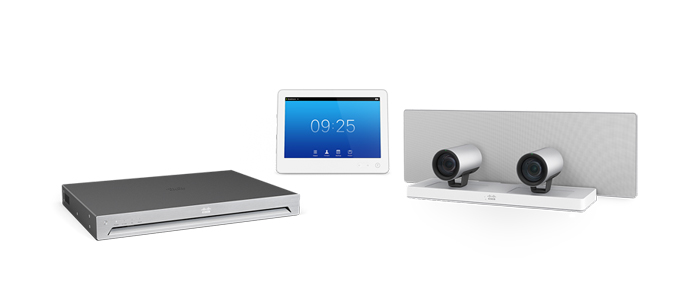|
Three HDMI Inputs; supported formats:
● 1920 x 1080@60 and 59.94 Hz (1080p60)
● 1920 x 1080@50 Hz (1080p50)
● 1920 x 1080@30 and 29.97 Hz (1080p30)
● 1920 x 1080@25 Hz (1080p25)
● 1920 x 1080@24, and 23.97 Hz (1080p24)
● 1280 x 720@60, and 59.94 Hz (720p60)
● 1280 x 720@50 Hz (720p50)
● 720 x 480@60, and 59.94 Hz (480p60)
● 640 x 480@60 Hz (480p60)
● 1280 x 1024@60, and 75 Hz (SXGA)
● 1024 x 768@60, 70, 75, and 85 Hz (XGA)
● 800 x 600@56, 60, 72, 75, and 85 Hz (SVGA)
● 1680 x 1050@60 Hz (WSXGA+)
● 1440 X 900@60 Hz (WXGA+)
● 1280 x 768@60 Hz (WXGA)
● 1920 x 1200@60 Hz (WUXGA)2
● 1920 x 1200@50 Hz (WUXGA)2
One DVI-I Input; supported formats:
Analog (VGA or YPbPr):
● 1920 x 1080@60 Hz (1080p)
● 1280 x 720@60 Hz (720p)
● 1280 x 1024@60 and 75 Hz (SXGA)
● 1280 x 960@60 Hz
● 1024 x 768@60, 70, 75, and 85 Hz (XGA)
● 1680 x 1050@60 Hz (WSXGA+)
● 1440 x 900@60 Hz (WXGA+)
● 1280 x 800@60 Hz (WXGA)
● 1280 x 768@60 Hz (WXGA)
Digital (DVI-D):
● 1920 x 1080@60, 59.94 Hz (1080p60)
● 1920 x 1080@50 Hz (1080p50)
● 1920 x 1080@30, 29.97 Hz (1080p30)
● 1920 x 1080@25 Hz (1080p25)
● 1920 x 1080@24, 23.97 Hz (1080p24)
● 1280 x 720@60, 59.94 Hz (720p60)
● 1280 x 720@50 Hz (720p50)
● 720 x 480@60, 59.94 Hz (480p60)
● 640 x 480@60 Hz (480p60)
● 1280 x 1024@60, 75 Hz (SXGA)
● 1024 x 768@60, 70, 75, 85 Hz (XGA)
● 800 x 600@56, 60, 72, 75, 85 Hz (SVGA)
● 1680 x 1050@60 Hz (WSXGA+)
● 1440 X 900@60 Hz (WXGA+)
● 1280 x 768@60 Hz (WXGA)
● 1920 x 1200@60 Hz (WUXGA)2
● 1920 x 1200@50 Hz (WUXGA)2
One Composite/S-Video Input (BNC Connectors)
● PAL/NTSC
Extended Display Identification Data (EDID)
|


